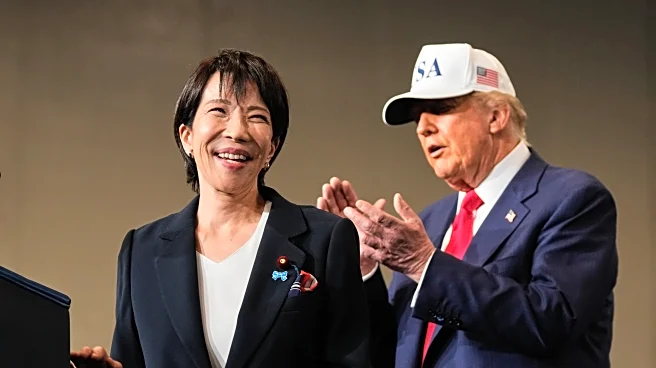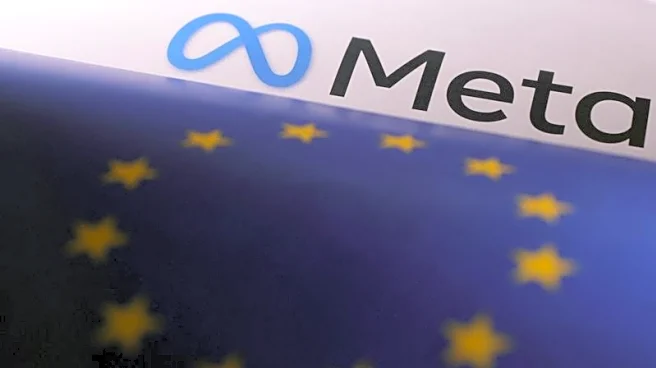Rapid Read • 8 min read
The luxury goods sector is experiencing increased threats from fake and copycat products, as highlighted by recent legal actions such as Lululemon's lawsuit against Costco for allegedly copying its designs. The rise in counterfeit goods is attributed to the escalating costs of genuine luxury items, which have increased by 54% in France since 2019. This environment has fostered the growth of 'super-fakes,' which are nearly indistinguishable from authentic products. The distinction between fakes and dupes is crucial, with fakes being counterfeits that mimic identifiable logos, while dupes offer similar but cheaper versions without pretending to be the real thing. The legal landscape in the U.S. complicates the protection of design rights, unlike in Europe, posing challenges for brands like Lululemon in safeguarding their intellectual property.
AD
The proliferation of fake and copycat luxury goods poses significant challenges to the luxury industry, impacting brand integrity and consumer trust. As genuine luxury items become more expensive, consumers may opt for cheaper alternatives, affecting sales and brand reputation. The rise of 'super-fakes' threatens the exclusivity and perceived value of luxury brands, potentially leading to financial losses and undermining the industry's economic stability. Brands must balance protecting their intellectual property with maintaining consumer relationships, as aggressive legal actions can alienate customers. The situation underscores the need for robust supply chain integrity and vigilant monitoring of manufacturing practices to preserve brand authenticity.
Luxury brands are likely to intensify their efforts to protect intellectual property and combat counterfeit goods. This may involve increased legal actions and collaborations with law enforcement to track and dismantle counterfeit networks. Brands might also invest in technology to enhance product traceability and authenticity verification. The legal outcome of cases like Lululemon's against Costco could set precedents for future intellectual property protection strategies. Additionally, brands may focus on strengthening consumer engagement and loyalty to counteract the allure of cheaper alternatives.
The rise of fake and copycat goods raises ethical concerns regarding labor exploitation and organized crime funding. Counterfeit production often involves poor working conditions and exploitation of vulnerable workers, highlighting the need for ethical manufacturing practices. The situation also prompts a cultural shift in consumer behavior, as social media influencers promote dupes as cost-effective alternatives, challenging traditional notions of luxury and exclusivity.
AD
More Stories You Might Enjoy












